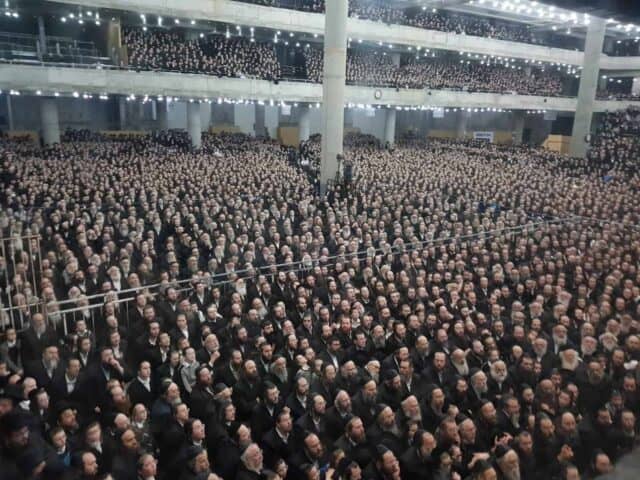Anthropocene – the human epoch
Dr. Hagai Boas | 27.07.2020 | Photo: Unsplash

We are living at a time of changing conceptions of nature. In the past, nature stood in contrast to the cultivated, the domestic, and the social. Today, as science and technology develop, the contrast between the natural and the unnatural is blurring and disappearing. “Smart” digital objects, innovative procreation technologies, virtual environments and entities, robotic solutions in different areas, the Human Genome Project – these are only some examples of the reality-changing powers science has today. The human handprint is evident at every level of the natural to the point that the concept itself loses its meaning. Humanity's impact on nature is so drastic that some argue we are living in a new geological epoch – the Anthropocene – the human epoch, whose trademark is the dramatic imprint of human activity on the planet.
The Van Leer Jerusalem Institute wishes to explore the changes the Anthropocene is creating in our culture. Our assumption is that the Anthropocene does not concern only climate change, but also an essential change and expansion of what we understand as “civilization:” neuroscience offers a new understanding of emotions and even moral conceptions; genetic knowledge challenges the concepts of kinship and self; virtual environments confuse reality with artificial reality; the digital communication revolution brings us a constant flow of information; a large part of our interactions are through objects, constantly gnawing away at direct human relations; and our domestic and urban environment is constructed througth monitoring, analysis, and communication, between objects that were once considered inanimate.
Our social relations are increasingly managed in relation to robots, smart appliances, and an interactive environment. Simultaneously, our political thought is becoming more sensitive to the lives of non-human entities, such as animals and plants. We are developing a new ethic of daily behavior in a postmodern consumer reality. We refrain from activities with a carbon footprint such as flying or even deliveries, we take responsibility for the impact of our actions on future generations we will never meet; we consider the environment as a significant factor in political arrangements. All of these are sporadically giving rise to a new ethic of human life.
The theme of “Science, Technology, and Civilization” at the Van Leer Jerusalem Institute tries to address different questions concerned with the Anthropocene epoch, such as: the place of humanity in relation to nature and questions of creation, extinction, preservation, destiny, responsibility, sin, and punishment; the ethical and legal status of “surplus pre-embryos” at IVF clinics; the regularatory and ethical challenges at the basis of establishing national genetic databases; and more.




